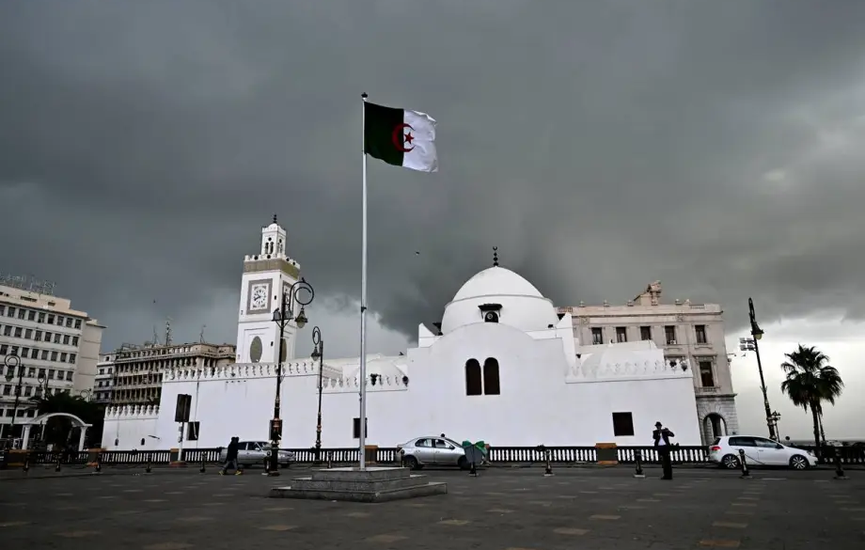Algeria is undergoing a quiet but profound transformation, emerging from decades of turmoil into a new era of economic resilience and strategic ambition. Once scarred by the violence of its “Black Decade” in the 1990s, the country has steadily rebuilt its institutions and redefined its national priorities. Under the leadership of President Abdelmadjid Tebboune, re-elected in 2024 with a commanding majority, Algeria has launched a sweeping reform agenda aimed at diversifying its economy and reducing its dependence on hydrocarbons. The results are beginning to show: in 2025, Algeria posted a budget surplus of $1.17 billion and now holds $73 billion in foreign exchange reserves, signaling a renewed fiscal strength.
What makes Algeria’s rise particularly striking is its pivot away from oil and gas as the sole engines of growth. While energy exports remain vital, the government has aggressively promoted non-hydrocarbon sectors such as manufacturing, agriculture, and services. This shift has led to a tripling of non-oil exports since 2017, reaching $5.1 billion in 2023. Fertilizers, steel, and cement have become key export commodities, reflecting the country’s growing industrial capacity. The 2022 Investment Law has played a central role in this transformation, streamlining procedures and offering tax incentives through the Algerian Investment Promotion Agency. These reforms have attracted foreign investors and empowered local entrepreneurs, reshaping the business landscape with a focus on long-term sustainability.
Beyond economics, Algeria is also asserting itself diplomatically, positioning as a stabilizing force in North Africa and the Sahel. Its foreign policy emphasizes regional cooperation, energy partnerships, and a balanced approach to global affairs. Domestically, the government has invested in infrastructure, education, and digital transformation, aiming to modernize public services and improve quality of life. While challenges remain, including youth unemployment and political dissent, the country’s trajectory suggests a deliberate and determined effort to rise above its past.
Algeria’s rebirth is not marked by fanfare or spectacle, but by steady progress and strategic recalibration. It is a story of resilience, of a nation quietly reclaiming its place on the global stage. As its reforms deepen and its influence grows, Algeria stands poised to become one of Africa’s most dynamic economies, an example of how silent determination can lead to remarkable prominence.
